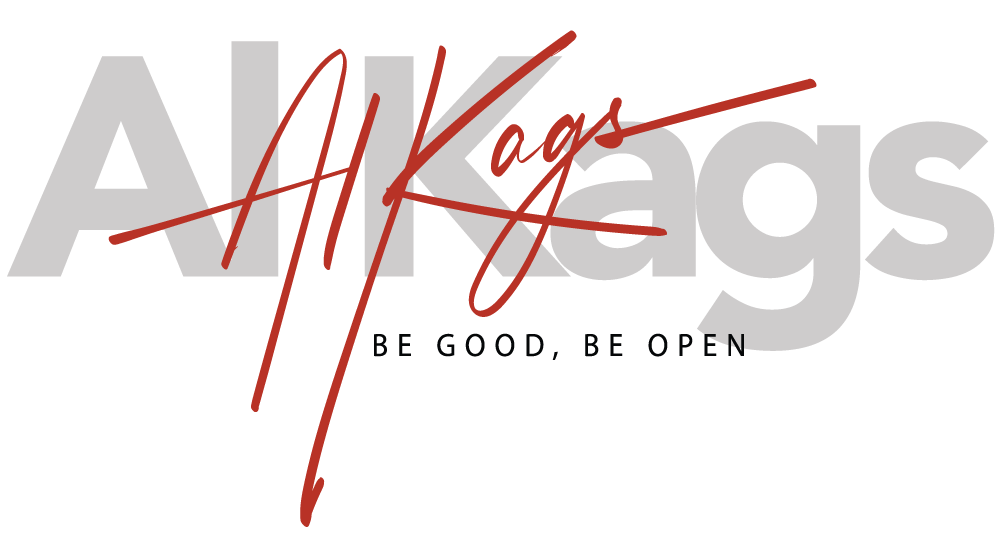Lately, I have been asked to contribute thought to managers on the subject of social media. Is it an annoying distraction propagated by a group of unfocused, flighty youth who have no social skills and who cannot spell to save their lives? Or is social media a tool that can be harnessed to strengthen businesses? What is social media for?
In a separate aspect of my life, I recently helped my wife set up a private social media site for women like her: beautiful, smart, sophisticated professionals who have opted to be stay at home moms for a while. In encouraging her to set up this space for her and her peers to share experiences in I have had the opportunity to consider what successful social media sites – what would make Facebook such an enormous success and so many others only successful in small regions and sectors – and often not at all?
Social media is certainly here to stay. Sites and apps like Facebook, Twitter, Badoo, Path, Pinterest and are likely to grow. This is whether they are sectoral – dating, friends, schoolmates etc or global. Of course, the global ones are more likely to succeed more widely.
In a recent talk that I gave to members of the Kenya Institute of Management, I told managers that social media is a part of the future and they don’t really have a choice but to embrace and use it. I told them in particular that social media will be:
UBIQUITOUS. It will be baked into everything we use, from desktop software, to mobile and the web, to the thermostat and phone in our hotel room. It’s going to become such a normal thing in all our lives that we shall stop noticing it. We no longer marvel at the ability to communicate across vast geographical areas by telephone do we? We think nothing of the wonders of getting programming wherever we are on radio. It’s only a matter of time before we no longer do blogposts like this one.
MONOLITHIC. While the web and its low barrier to entry will continue to enable the creation of small, diverse communities, and while small teams will continue to create wonderful social niche products, eventually two or three services/brands will come out on top and will be the channels through which 90% of social activity takes place. We can all guess which three services these will be—the pieces are already in motion—but it’s still early enough that we might be surprised.
SMARTER. It is becoming more seamlessly integrated into traditionally “private” activities such as banking and shopping, and It will happen faster if leading stores, banks, and so on work with real design and integrate social online interaction as part of their everyday lives.
Yes, the early stages of using social media do induce some attention deficit disorder and yes, it does breed a level of irreverence, but leaders in Organisations have no choice in the matter.



